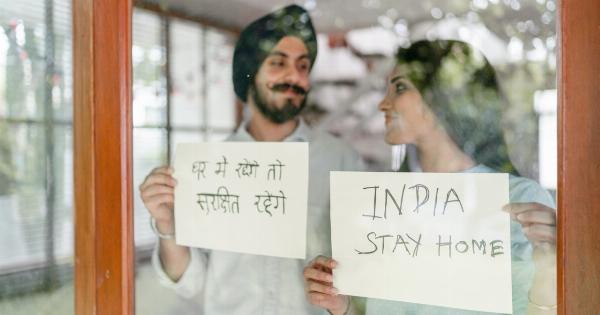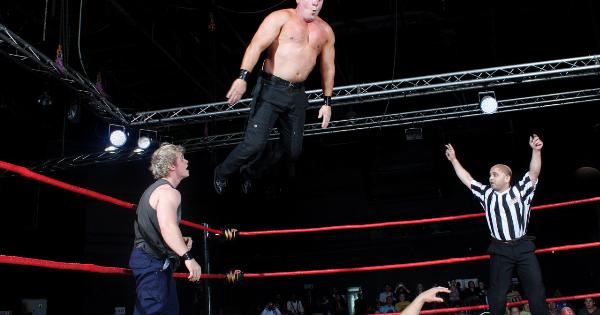Ebolition, also known as Ebola virus disease (EVD), is a rare but deadly disease caused by the Ebola virus.
It primarily affects people in sub-Saharan Africa, and the most recent outbreak in West Africa in 2014-2016 highlighted the devastating effects of this disease on both individuals and communities as a whole.
What is Ebolition?
Ebolition is caused by the Ebola virus, which is a member of the Filoviridae family.
The virus is transmitted to humans from wild animals, such as fruit bats and primates, and is spread through direct contact with the bodily fluids of infected individuals or objects contaminated by those fluids.
Symptoms of Ebolition can range from fever, headache, muscle pain, and weakness to more serious symptoms such as severe bleeding, organ failure, and death.
The disease has a high mortality rate, with up to 90% of infected individuals dying from the virus.
Effects of Ebolition on Children
Ebolition has a devastating impact on children, who are especially vulnerable to the disease. Children are more likely to become infected with Ebolition because of their close contact with family members and caregivers who may be infected.
In addition, children are more likely to suffer from malnutrition, which can weaken their immune systems and make them more susceptible to the disease.
Ebolition can also have lasting psychological effects on children.
Loss of family members and caregivers, separation from loved ones, and stigma associated with the disease can lead to anxiety, depression, and other mental health issues for children who survive the disease.
Preventing Ebolition in Children
Prevention is the best way to protect children from Ebolition. Good hygiene practices, such as washing hands frequently with soap and water, can help reduce the risk of infection.
It is also important to avoid contact with individuals who are sick with Ebolition or who have died from the disease.
Effective treatment and care for individuals infected with Ebolition can greatly improve their chances of survival and reduce the spread of the disease.
Children who are infected with Ebolition should receive prompt medical attention to ensure the best possible outcomes.
Conclusion
Ebolition is a deadly disease that has a devastating impact on children and their communities. Prevention and early treatment are key to reducing the spread of the disease and protecting children from its effects.
Investing in public health infrastructure and education can help ensure that communities are prepared to respond to outbreaks of Ebolition and other infectious diseases.




























